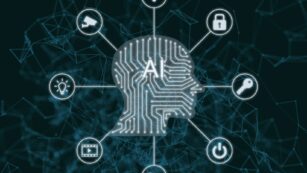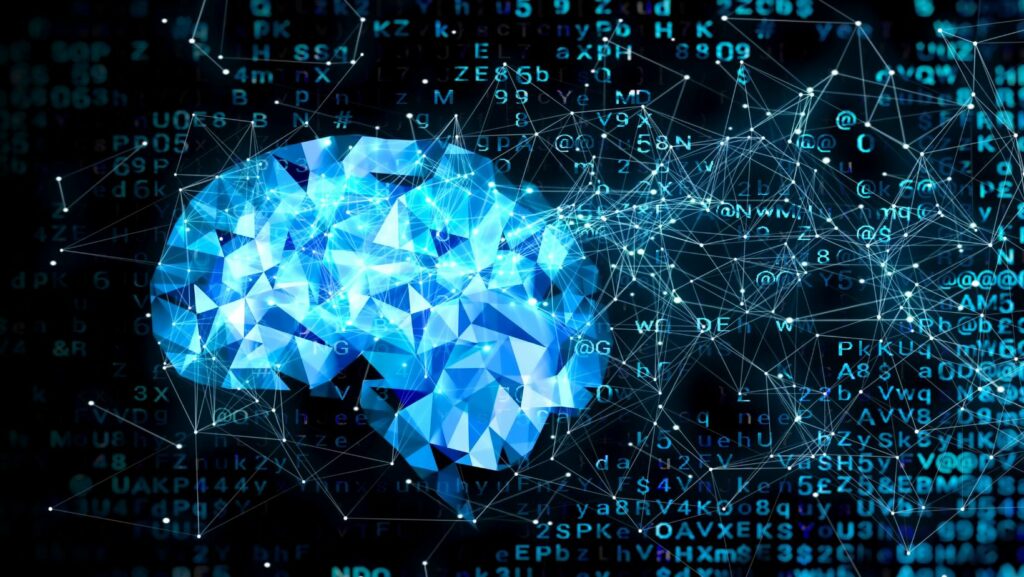In the rapidly evolving world of technology, artificial intelligence (AI) and machine learning (ML) stand out as transformative forces shaping the future. With their applications spanning across various industries, from healthcare to finance, mastering these fields has become a coveted goal for many aspiring tech enthusiasts. But where does one start on this complex journey?
How To Learn AI And Machine Learning
The Difference Between AI and Machine Learning
Understanding the distinction between artificial intelligence (AI) and machine learning (ML) is critical for anyone looking to dive into the realm of intelligent systems. AI is a broad concept that refers to machines designed to perform tasks that typically require human intelligence. This includes a wide range of capabilities, from understanding natural language to recognizing patterns in data.
 Machine learning, on the other hand, is a subset of AI. It focuses specifically on the idea that machines can learn from data, identify patterns, and make decisions with minimal human intervention. ML systems improve their performance as they are exposed to more data over time.
Machine learning, on the other hand, is a subset of AI. It focuses specifically on the idea that machines can learn from data, identify patterns, and make decisions with minimal human intervention. ML systems improve their performance as they are exposed to more data over time.
In essence, while AI encompasses the broader goal of creating intelligent machines, ML is the mechanism by which these machines learn from data to achieve AI. Grasping this difference is the first step in understanding how to learn AI and machine learning, guiding learners through targeted study and practical application in these areas.
Starting Your Journey in AI and Machine Learning
Embarking on the path to mastering AI and machine learning (ML) begins with solidifying a foundation in key concepts that distinguish these two transformative technologies. As outlined in the previous section, understanding the difference between artificial intelligence, the broader field aiming to create intelligent machines, and machine learning, a subset of AI focused on the idea that machines can learn from data, process it, and make decisions, is pivotal for anyone wondering how to learn AI and ML. This knowledge serves as a critical first step in navigating the complexities of these fields and leveraging their potential to innovate across industries.
Hands-On Practice: The Key to Mastery
 Understanding the fundamentals of AI and machine learning lays the groundwork for mastery. However, diving into hands-on practice elevates one’s knowledge from theoretical to practical. Engaging in projects, coding exercises, and real-world problem solving transforms theoretical understanding into valuable skills. This approach not only reinforces the key concepts differentiating AI and ML but also solidifies one’s ability to apply them innovatively across various domains. Hands-on practice is imperative for anyone wondering how to learn AI and machine learning effectively. It bridges the gap between knowing and doing, making the journey from novice to expert in AI and ML both achievable and exhilarating.
Understanding the fundamentals of AI and machine learning lays the groundwork for mastery. However, diving into hands-on practice elevates one’s knowledge from theoretical to practical. Engaging in projects, coding exercises, and real-world problem solving transforms theoretical understanding into valuable skills. This approach not only reinforces the key concepts differentiating AI and ML but also solidifies one’s ability to apply them innovatively across various domains. Hands-on practice is imperative for anyone wondering how to learn AI and machine learning effectively. It bridges the gap between knowing and doing, making the journey from novice to expert in AI and ML both achievable and exhilarating.
Advancing Your Knowledge
After establishing a foundation in AI and machine learning, advancing your knowledge requires a strategic approach. Building on theoretical understanding with practical skills through projects, coding exercises, and solving real-world problems remains essential. Engaging in advanced courses and specializations helps deepen understanding and refine skills. Participation in online forums, attending workshops, and networking with professionals in the field provides invaluable insights and opportunities for growth. Dedication to continuous learning and staying updated with the latest developments ensures a path from novice to expert in how to learn AI and machine learning.
Building a Professional Network
 Building a professional network is essential for anyone looking to deepen their understanding of AI and machine learning. Networking provides unparalleled access to insights, job opportunities, and mentorship that textbooks alone cannot offer. One effective way to start is by joining professional associations such as the Association for the Advancement of Artificial Intelligence (AAAI) or groups on LinkedIn that focus on AI and ML topics.
Building a professional network is essential for anyone looking to deepen their understanding of AI and machine learning. Networking provides unparalleled access to insights, job opportunities, and mentorship that textbooks alone cannot offer. One effective way to start is by joining professional associations such as the Association for the Advancement of Artificial Intelligence (AAAI) or groups on LinkedIn that focus on AI and ML topics.
Attending industry conferences, workshops, and seminars is another strategy. These events not only update attendees on the latest trends in AI and ML but also provide a platform to connect with experts, academics, and professionals in the field. Tools like Test automation software can also support AI and ML projects by streamlining testing processes and improving software quality.
Participating in online forums like Reddit’s r/MachineLearning or Stack Overflow provides an opportunity to learn from community discussions, ask questions, and even offer advice, which can elevate one’s standing within the professional community.

